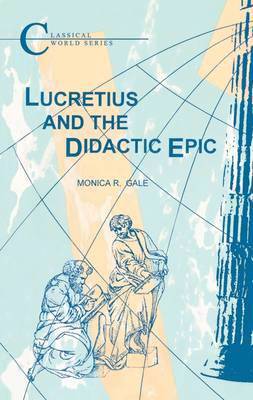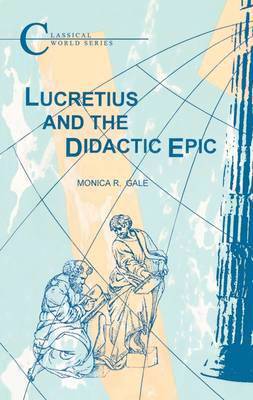
- Retrait gratuit dans votre magasin Club
- 7.000.000 titres dans notre catalogue
- Payer en toute sécurité
- Toujours un magasin près de chez vous
- Retrait gratuit dans votre magasin Club
- 7.000.0000 titres dans notre catalogue
- Payer en toute sécurité
- Toujours un magasin près de chez vous
Description
The "De Rerum Natura" of Lucretius (?97-55 BC) is at first sight something of an oddity: a scientific treatise dealing with atomic physics, human biology and the nature of the cosmos, it is at the same time a poem of great power and intensity, one of the most important and influential literary works of its era. This book seeks to resolve the apparent contradiction by locating Lucretius' poem in the context of a very ancient tradition of didactic (or 'teaching') epic. It explores some of the ways in which Lucretius, in this attempt to convince the reader of the truth of his philosophical system, makes the traditional features of epic poetry work for him. And it discusses the poet's subtle interweaving of technical exposition with ethical precept, arguing that the poem offers the reader not just a scientific account of the workings of nature, but also a guide to happiness.
Spécifications
Parties prenantes
- Auteur(s) :
- Editeur:
Contenu
- Nombre de pages :
- 96
- Langue:
- Anglais
- Collection :
Caractéristiques
- EAN:
- 9781853995576
- Date de parution :
- 27-12-01
- Format:
- Livre broché
- Format numérique:
- Trade paperback (VS)
- Dimensions :
- 137 mm x 215 mm
- Poids :
- 117 g

Les avis
Nous publions uniquement les avis qui respectent les conditions requises. Consultez nos conditions pour les avis.






